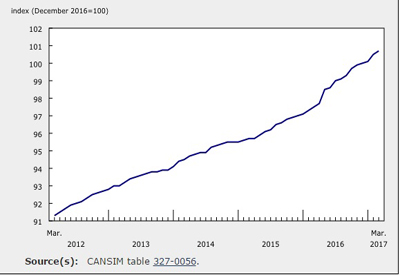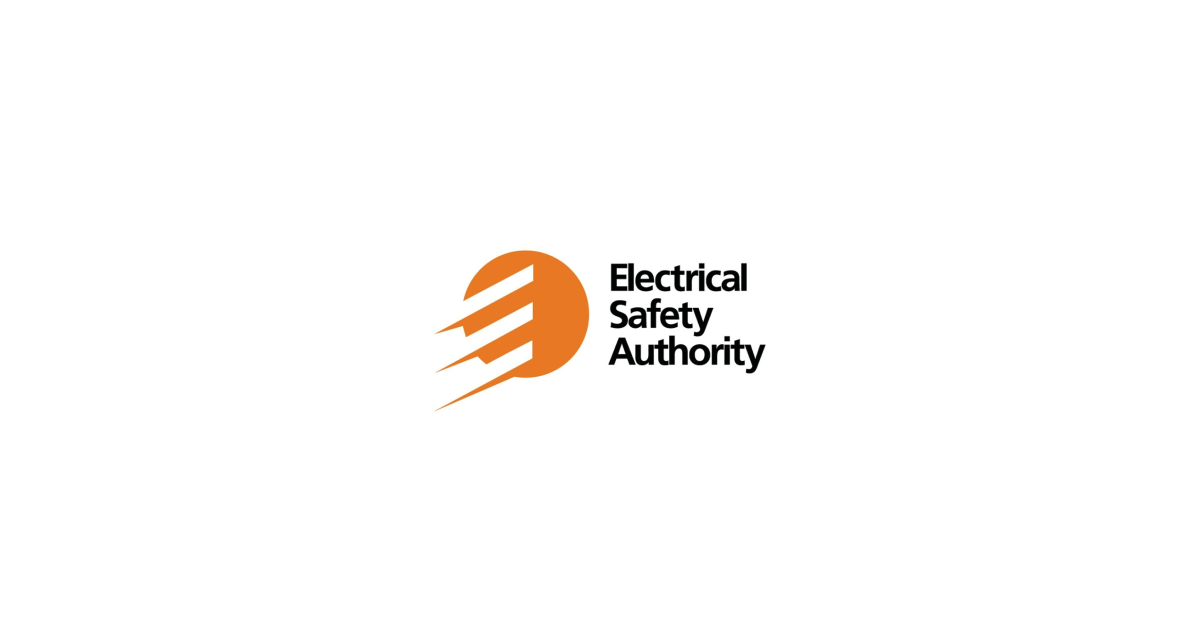Electromagnetic Compatibility (EMC) Testing Overview and Considerations for Manufacturers

January 18, 2023
By Kerrwil Editorial Team in partnership with CSA Group
In this article we take a look at Electromagnetic Compatibility (EMC) Testing with Alex Solomovich and Michael Henry of CSA Group. Solomovich is a Certifier III with the organization and Henry serves as the Director for Cross Market Services.
In this overview of EMC Testing, Solomovich and Henry provide insight into the types of products that require EMC Testing, best practices for manufacturers, as well as the capabilities and expertise CSA has at their disposal.
Henry and Solomovich explained that Electromagnetic compatibility (EMC) is defined as, “the ability of equipment or a system to function satisfactorily in its electromagnetic environment without introducing intolerable electromagnetic disturbances to other systems or equipment in that environment”.
Ensuring the EMC of a device provides evidence that multiple electronics can work together. In the case of some industrial and medical equipment (where there might be functional safety requirements), EMC can also impact safety for operators and safety related to the health of people, animals, property, and the environment.
What type of products require EMC testing?
EMC impacts products using electronic components in a variety of industries, including automotive, medical devices, agricultural, commercial, military vehicles, consumer products, and industrial products. Different countries and geographic regions may have different requirements.
CSA Group offers EMC testing that assesses product compliance for safety, performance, product quality, and protection of the electromagnetic spectrum. Our testing services include emissions, immunity, and radio testing. We also offer market access tests and approvals, confirmation of conformity, and support for self-declaration for North America and countries all over the globe.
What can a manufacturer do to prepare for their EMC testing project?
Before testing can begin, there are a number of steps that manufacturers need to do to prepare for the process. Mostly, manufacturers are responsible for gathering the required product details. Some examples of these details may include: the general size and weight of product, specifics of the input voltages that need to be tested, and the number of operation modes to cover all functions and main voltages.
We always recommend that manufacturers connect with CSA Group as early in the process as possible, as our technical experts can help support with preparations helping to make the testing process as seamless as possible.
It is always beneficial to design products with the end requirements, such as EMC, in mind.
The world relies on electronics and demand is not slowing down. What kind of electronic devices does CSA Group provide EMC testing for? Why is it important that these products are tested for EMC?
The function and performance of an electronic product can be affected by external and internally generated EMC phenomena. By industry, CSA Group provides EMC services for:
- Agricultural, commercial, and military vehicles: CSA Group offers testing services for large vehicles such as industrial trucks, construction machinery, tractors, harvesters, and defense vehicles. This also includes electromobility devices.
- Automotive: CSA Group performs EMC testing that meets the regulatory requirements of the automotive industry. Applicable products include electric components that can be installed in a vehicle (e.g. head-up displays, audio amplifiers, sensors, HV batteries).
- Consumer products: CSA Group offers EMC testing services for consumer products and their components, such as kitchen appliances, washing machines, garage door openers, power tools, toys, multimedia products, and many others.
- Industrial products: Industrial products and machinery can also have many electronic components that require EMC testing to meet applicable safety and performance standards. Examples of these products and equipment include veneer presses, high rack storage systems, industrial meat grinders, laser systems, industrial drills, and waste sorting machines. With dedicated EMC testing areas, we are equipped to take on small and large industrial equipment.
- Medical devices: Our EMC services also include testing electronic products within the medical industry (e.g. cochlea implants, dialysis machines, heart lung machines, defibrillators and x-ray devices) according to applicable standards, such as IEC 60601-1-2. CSA Group has the equipment and expertise to test the compliance of various types of medical devices according to the applicable standards. We also offer testing for immunity to high-frequency surgical devices.
It can be difficult to navigate compliance with various regulations on a global scale to sell products all over the world. How long does it take, in general, for an electronic device to be tested for EMC? What are some reasons that this testing gets hampered?
The time it takes to evaluate a device for EMC depends on multiple factors. The testing time can vary between a few hours to a few months, but projects are usually completed within a few weeks. Once our certifiers receive the information and requirements that they need for testing, our team works collaboratively with the customer to set a project timeline.
Often, delays are the result of missing product details at the beginning of the project, or because of product failure or non-compliance.
What do manufacturers need to be aware of when developing products that require EMC testing? Are there any best practices that can help make this process as seamless as possible?
As mentioned, the earlier a manufacturer can engage with a testing and certification provider like CSA Group, the better. We strongly recommend that manufacturers familiarize themselves with EMC regulations at the early stages of product development.
When possible, we encourage our customers to consider pre-compliance testing to help ensure that any potential issues are identified earlier in the product development process, ideally before the production phase. In the long-run, pre-compliance testing can save a manufacturer money, while also reducing time to market. Unfortunately, some manufacturers overlook EMC and run into issues at the production stage of development, at which point the costs and stakes are much higher.
What happens when a product fails EMC testing? Where does the manufacturer go from there?
In the unfortunate event of a failure or non-compliance, our team provides detailed reports of the findings to help customers understand where the product did not meet the requirements, so they have the information needed to make the necessary corrections to get their project back on track. Our team can also host a Technical Information Session with the customer to discuss the requirements found in the standard.
CSA Group’s EMC service uses impressive, cutting-edge technology at its test sites. How many testing facilities does CSA Group have?
CSA Group has more than 30 years of experience in EMC and radio testing and investing in our EMC services and capabilities continues to be a strategic priority for us. At this time, CSA Group has three globally recognized EMC laboratories (two in Europe, one in North America) filled with the most cutting-edge equipment including anechoic chambers with dynamometers, open area test sites (OATS), shielded rooms, and RF and over-the-air (OTA) test sites. Our newest EMC lab in Bavaria, Germany is one of the largest in Europe capable of testing large equipment on an 8-meter turntable allowing a maximum weight of 25 tons, and a 400V/200A mains supply. We also work with several other partner labs globally.
But our most important asset is our people – an international team of EMC and radio experts with deep knowledge and expertise who work across borders to support our customers and each other.
How do new/developing technologies impact CSA Group’s approach to EMC testing?
The world continues to rely heavily on electronics with demand multiplying every year. The importance of EMC is rising, and fortunately design with EMC considerations is becoming the norm. CSA Group is constantly enhancing its testing capabilities to keep up with new technologies and increasing demand. Many of our technical experts sit on standards development committees, helping to support the development of new standards while alsocollaborating with other industry experts.
Go HERE for more information on EMC Certification at CSA Group









![Guide to the Canadian Electrical Code, Part 1[i] – A Road Map: Section 52 — Diagnostic imaging installations](https://electricalindustry.ca/wp-content/uploads/2022/11/Guide-CE-Code-2.png)






